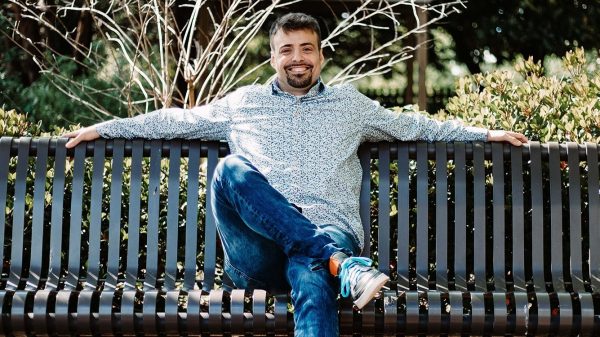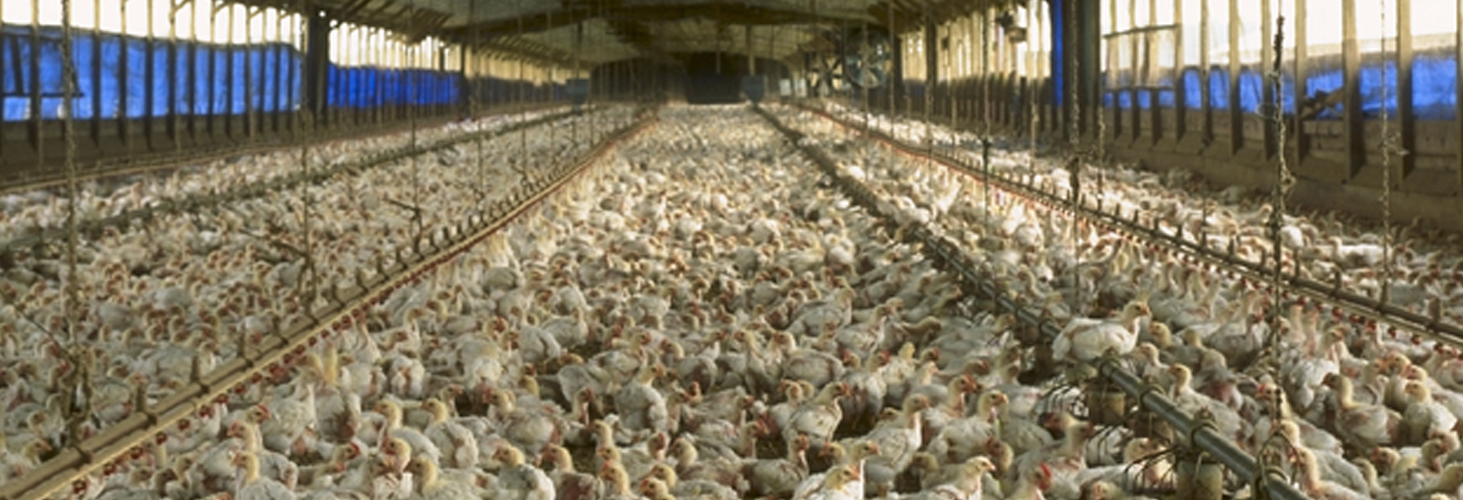By Brandon Moseley
Alabama Political Reporter
Tuesday, August 16, the members of the House Rural Caucus held a lengthy meeting with top Alabama Department of Environmental Management (ADEM) officials and Alabama Commissioner of Agriculture and Industries John McMillan (R), state Veterinarian Tommy Frazier as well as representatives of the Alabama Poultry and Egg Association and the Alabama Farmers Federation. At issue is how to fund continued inspections of Alabama’s numerous poultry farms.
Rural Caucus Chairman David Standridge (R-Hayden) said that those inspections are done through ADEM at this time.
The chicken farms, as well as beef cattle and sheep feedlots, most modern hog farms, and some larger dairy cattle farms are termed confined animal feeding operations (CAFOs) by the US Environmental Protection Agency (EPA) because they house a high density of livestock and all or most of the feed is brought to the animals. Most, but not all, CAFOs in Alabama are poultry farms. Commercial poultry farms account for 65 percent of all farm receipts in Alabama.
EPA requires that all farms that meet EPA’s CAFO definition be inspected and regulated in order to comply with the Clean Water Act and other environmental regulations.
ADEM Director Lance LeFleur said that the CAFO standards were put in place in 1999 under the auspices of the EPA seeking to inspect and register CAFOs. Alabama has chosen to do this at the state level through ADEM rather than allowing the EPA to do the inspecting and regulating directly.
Director LeFleur said that historically the cost was covered by a state general fund (SGF) appropriation. In 2016 the Alabama Legislature cut ADEM’s general fund appropriation significantly.
These funds paid for the inspections that EPA requires ADEM to do. Since the state legislature is suddenly unwilling to pay for farm inspections, then ADEM is forced to either turn over these duties to EPA or to charge the farmers for the inspections. Many of these chicken farms would be assessed an annual fee of over a thousand dollars by the state agency.
Alabama Farmers Federation Legislative Director for the House David Cole said, “We have a lot of good relationships with ADEM on educating our farmers on how to be better stewards of their land.” We appreciate ADEM, but it takes money to fund a program like this.
Alabama Poultry and Egg Association Chief Executive Officer Johnny Adams said that the program has been great, however the fees that would be charged farmers, “Are pretty substantial.” As most of you know the farmers grow chickens on contract. A company delivers the birds, the farmer is paid to grow the birds, the company picks up the birds.
Adams said, “The farmer can’t raise the price of the birds five cents a head. He can’t pass that along. We need another $150,000.” We have got a company looking at siting a $300 million new complex in North Alabama. If we pass the fees on to the farmer we would be the only state that charges a significant fee for our CAFO program.
Chairman Standridge said that everybody in the caucus sees how important the CAFO program is.
Cole said that over six hundred poultry houses were built in Alabama last year alone. At a cost of over a half millions a house that is an enormous economic impact. The poultry industry helps the Alabama economy to thrive. The CAFO program allows farmers to expand and for us to recruit integrators to this state.
Cole warned that if you lose the CAFO program it will be hard to get it back.
Commissioner MacMillan said that his department was working on a new economic impact study of Agriculture and Forestry and that the numbers were looking impressive.
State Veterinarian Dr. Tommy Frazier said that the USDA has announced that last year’s avian influenza outbreak was the worst outbreak of livestock disease to ever hit this country.
Commissioner McMillan said that you can not imagine how concerned we all were. McMillan thanked ADEM and Frazier as well as every State agency involved in the response to the influenza crisis as well as the biosecurity measures put in place by the poultry industry itself in averting much of the crisis here in the State.
The Chair of the House Rural Caucus is State Representative David Standridge. The Vice-Chair is State Representative Johnny Mack Morrow (D-Red Bay).
The new Speaker of the House Mac McCutcheon (R-Madison) addressed the House Rural Caucus. McCutcheon said, “I am still new I ask that you be patient with me. I respect this committee and the things that you are doing.” Agriculture is very dear to my heart having grown up as a farm boy. As Speaker I want to move towards giving this committee a better place and standing in the House as we move forward.
The full legislature would have to restore the general fund appropriation for ADEM to revert back to doing the inspection without charging Alabama’s farmers; but the state is faced with a Medicaid funding crisis. The growth in that agency has swallowed more and more General Fund dollars annually.




















































